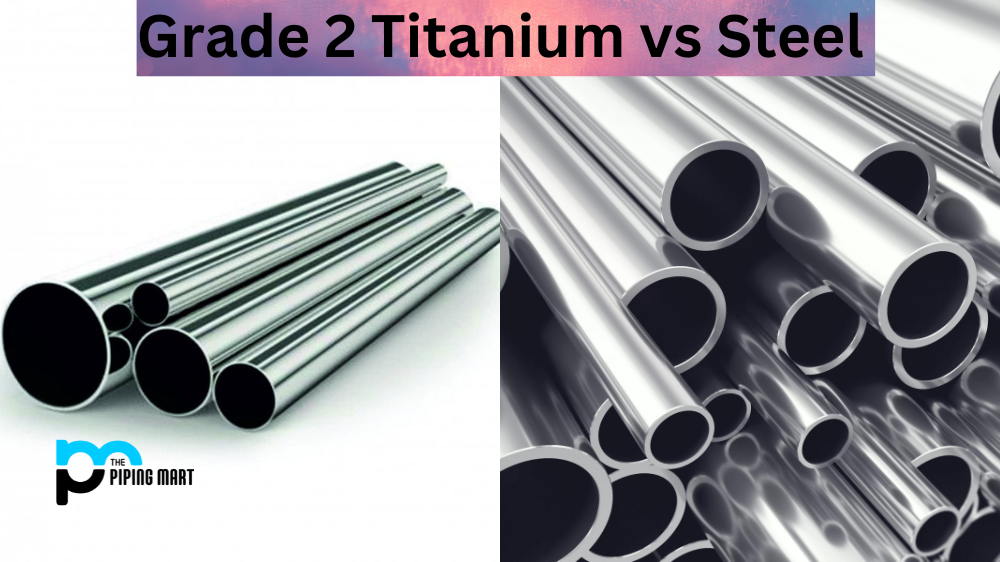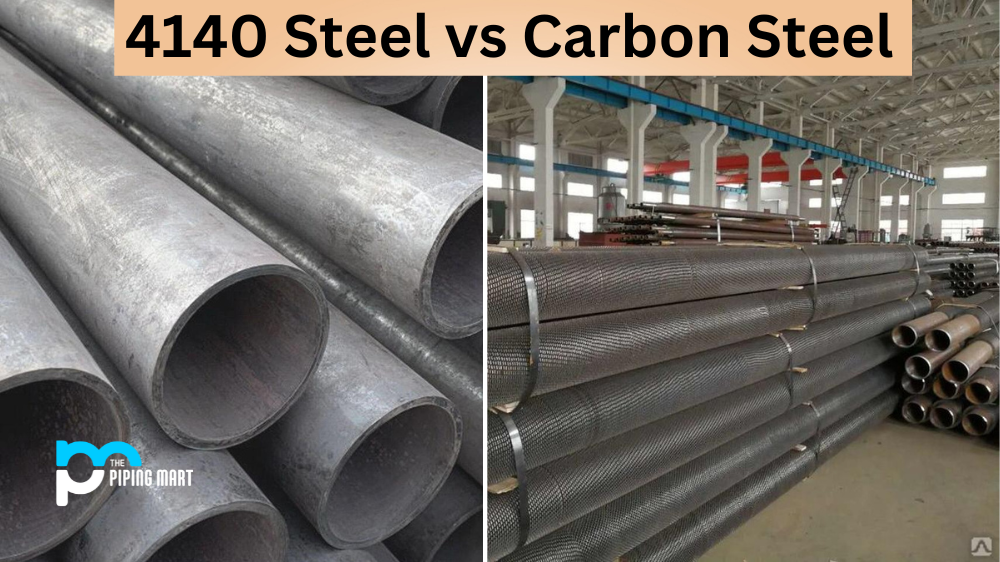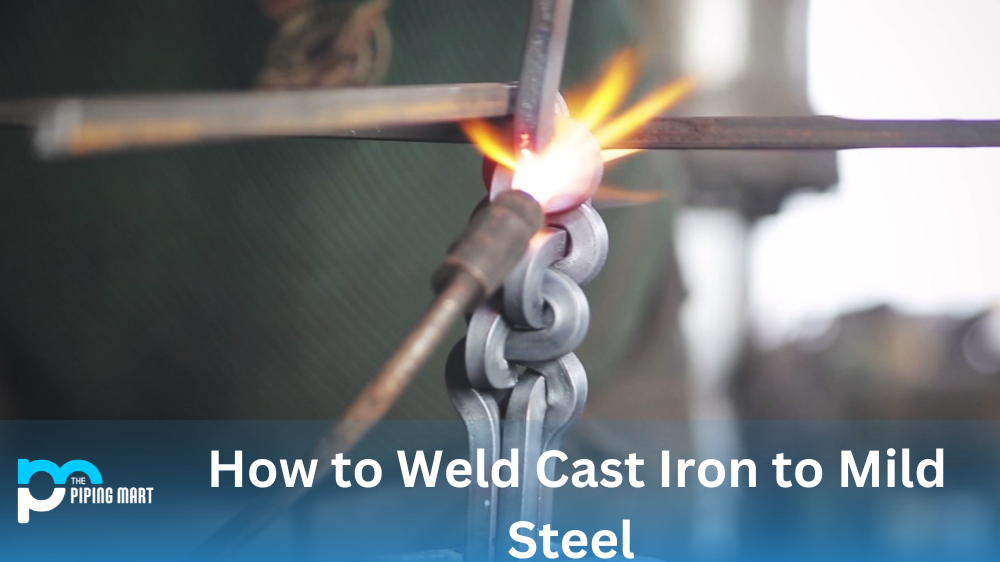When choosing the perfect material for various applications, you might need clarification on grade 2 titanium and steel options. Both of them have their unique properties and can be used for a variety of purposes. Which one is the best for your needs? In this blog post, we will discuss grade 2 titanium vs steel and highlight the advantages and disadvantages of each material so that you can make an informed decision.
Difference Between Grade 2 Titanium and Steel
Strength and Durability
One of the primary differences between grade 2 titanium and steel is their strength and durability. Steel is known for its high strength and durability, making it a popular choice for heavy-duty applications. On the other hand, grade 2 titanium is not as strong as steel, but it has a higher strength-to-weight ratio, making it an ideal material for applications that require high strength and lightweight.
Corrosion Resistance
Another important factor to consider while choosing between grade 2 titanium and steel is their corrosion resistance. Steel is vulnerable to corrosion, rust and oxidation, especially when moisture, air and other elements are exposed. Grade 2 titanium, on the other hand, is highly corrosion-resistant, making it an ideal material for applications that require long-term durability and corrosion resistance.
Heat Resistance
Grade 2 titanium is known for its excellent heat resistance, as it can withstand high temperatures without losing its strength or shape. It is also resistant to thermal expansion and contraction, making it an ideal material for high-temperature applications. On the other hand, steel has a lower resistance to heat and can easily warp or deform when exposed to high temperatures.
Weight
Grade 2 titanium is much lighter than steel, making it a popular choice for applications that require low weight, high strength and durability, such as aerospace applications. The higher strength-to-weight ratio of grade 2 titanium makes it a more efficient and effective material for such applications than steel.
Cost
The cost of grade 2 titanium is higher than steel, which makes it a less popular choice for applications where cost is a prime factor. Steel is less expensive and more readily available than grade 2 titanium, making it an ideal material for a tight-budget application.
Conclusion
In summary, grade 2 titanium and steel have unique properties and advantages. Factors such as strength, durability, corrosion resistance, heat resistance, weight and cost vary between the two materials, which should be considered according to the application’s specific needs. While steel is popular for heavy-duty applications, grade 2 titanium offers a better strength-to-weight ratio and corrosion resistance. Both materials can be used for various applications, and it is essential to analyze your needs and the properties of the two materials before making your final decision.




